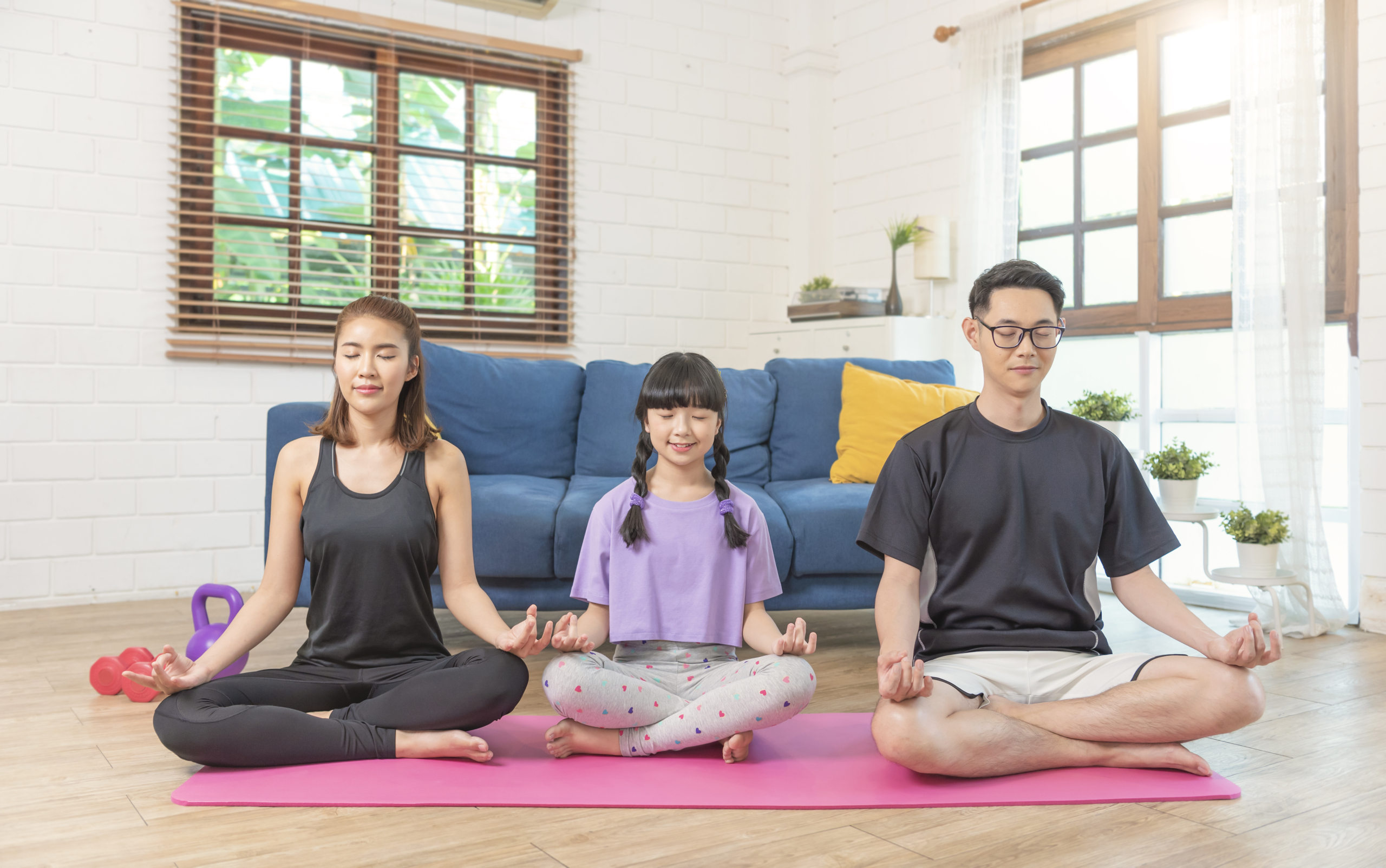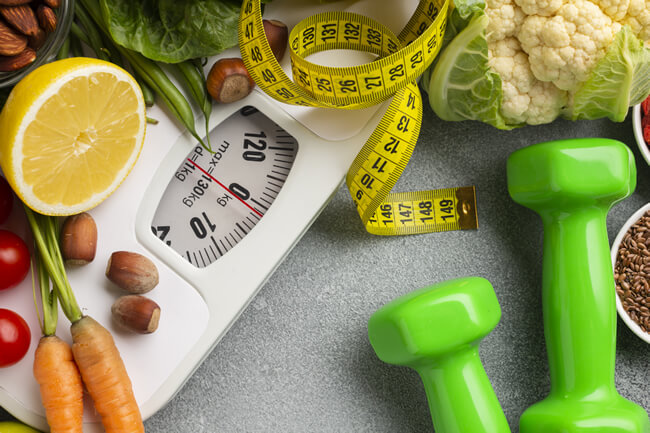COVID-19 Prevention: What’s Missing in the Discussion
Get vaccinated. Wear a mask. Wash your hands. Avoid crowds. Practice social distancing. These have been, and continue to be, the main directives from the experts when it comes to COVID-19 prevention. And for the past two years now, news and media outlets have blanketed us with precautionary messaging 24-7. But what’s missing from the discussion on COVID-19 prevention, is the limited attention experts and pundits have given to the importance of health and wellness.
COVID-19 is a virus, and a very serious one, especially if you are immunosuppressed or immunocompromised. Research has shown that if you have a weak immune system, you are not only at a greater risk of contracting COVID-19, but also at a greater risk of becoming very ill. Recent research has also concerningly found that vaccines may not produce antibodies well enough for those with compromised or weakened immune systems. With all of this in mind, I offer the following tips to consider to help you strengthen your immune system to protect against COVID-19.
Eat a balanced diet. Yes, a poor diet can impact your immune system. Chronic diseases, immunodeficiency disorders and autoimmune disorders occur at much higher rates for those who are malnourished or for those with high fat and high calorie diets lacking in essential nutrients. Conversely, reducing or eliminating saturated or trans fats, increasing omega-3 fats and eating a balanced diet of nutrient rich foods are great ways to strengthen your immune system. The Mediterranean Diet is viewed by many as the gold standard to boosting immunity and to having a healthy relationship with food.


Get enough sleep. Research has shown a troubling relationship between poor sleep and your immune system. More specifically, not getting enough sleep can weaken your immune system and make you more vulnerable to contracting a virus. A lack of sleep can also make it more difficult to recover from an illness. While everyone is unique when it comes to the right amount of sleep, the general recommended amount of sleep for adults is 7 or more hours per night. Children and adolescents need more sleep with 3 to 5 year old’s requiring 10 to 13 hours per night (including naps), 6 to 12 year old’s requiring 9 to 12 hours per night, and 13 to 18 year old’s requiring 8 to 10 hours per night.


Manage your stress. There is no denying that the pandemic has been stressful and overwhelming for many. Rates of suicide, substance abuse, alcoholism, depression, anxiety, and other mental health struggles and conditions have increased significantly across the globe over the past two years. Research has repeatedly shown the benefits of both psychotherapy and psychiatric medications for those with mental health struggles and conditions. If you reluctant to get help for yourself when you need it, please remember that mental health treatment is not a luxury but a necessity when it comes to managing your mental health struggles during the pandemic.


Exercise regularly. Exercise and physical activity play a significant role in strengthening your immune system, which will in turn keep you healthy and prevent you from contracting viral and bacterial infections as well as other illnesses. Exercise essentially causes changes in your white blood cells to help you fight against diseases that come your way. Research on exercise and COVID-19 has shown that regular physical activity may help people who contract COVID-19 from becoming seriously ill. And keep in mind that exercising doesn’t need to be fancy or overly involved. The American Heart Association recommends 150 minutes of moderate aerobic activity per week or 75 minutes of vigorous aerobic activity per week, or a combination of the two. This may seem like a huge commitment or undertaking, but it really isn’t, and you’re worth it.


Maintain a healthy weight. Obesity is a common, serious and costly disease that is linked to impaired immune function. The obesity rate in the U.S. is over 42% making us one of the most obese nations in the world. People who are obese have a higher risk of severe illness when contracting COVID-19 and are three times more likely to require hospitalization when ill. More than ever, this is a time to strive to maintain a healthy body weight. While obesity can be caused by several factors outside of your control (e.g., genetics, hypothyroidism), poor diet and a lack of physical activity/exercise – things that are within your control — are two main factors. If you are severely overweight or obese, please make the time to meet with your doctor for an evaluation and to formulate a treatment plan to combat the problem.


Don’t smoke. Research has repeatedly shown that smoking increases the risk for several immune and autoimmune disorders, and so too does vaping. While quitting nicotine is extremely difficult to do, COVID-19 has been a huge motivator for many. And don’t be discouraged if you fail in your attempts to quit. Research on smoking and vaping cessation has found that quitting is most often a process and not a single moment. According to The Centers for Disease Control and Prevention, it can take 8–11 attempts before permanently stopping. The good news is when you quit your Immune system improves; improvements occur just after 15 days after quitting, and your return to health will be close to normalizing entirely by 3 months.


Drink in moderation. Research has shown that excessive drinking over time and binge drinking can suppress and weaken your immune system, which makes it more difficult to fight off infections and viruses. But you may not need to quit drinking entirely. Research studies have also shown that drinking in moderation is less concerning and possibly beneficial to your health. In fact, a recent study on drinking and COVID-19 found that consuming red wine, champagne, and white wine in moderation can be helpful in thwarting the virus. Interestingly, that same positive finding wasn’t found for those who drank hard alcohol or beer. As the COVID-19 pandemic continue to roll forward, this is an excellent time to assess your relationship with alcohol and to make healthy changes if necessary.


COVID-19 is a marathon and not a spring, but we will get through it, and life will eventually return to normal. In the meantime, and in addition to all that we are doing to protect ourselves and our loved ones from contracting the virus, let’s also make our personal health and wellness a priority!

Michael Oberschneider, Psy.D. “Dr. Mike” is a clinical psychologist in private practice.
He can be reached at 703-723-2999, and is located at 44095 Pipeline Plaza, Suite 240, Ashburn.
